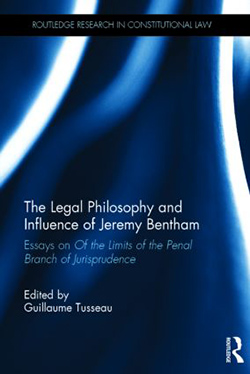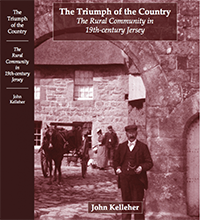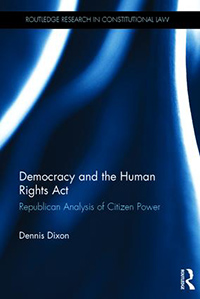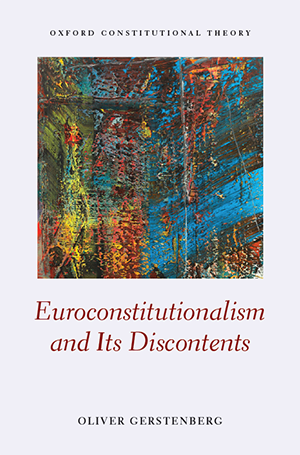
“Gathering together an impressive array of legal scholars from around the world, this book features essays on Jeremy Bentham’s major legal theoretical treatise, Of the Limits of the Penal Branch of Jurisprudence, reassessing Bentham’s theories of law as well as his impact on jurisprudence. While offering a suggestive picture of contemporary Bentham studies, the book provides a thorough examination of concepts such as legal discourse, legal norms, legal system, and subjective legal positions. The book compares Bentham’s approach with other landmark theories and the works of major legal philosophers including Austin, Hart and Kelsen, and explores Bentham’s treatise through major trends in contemporary legal thought, such as the imperative theory of law, deontic logic, Scandinavian and American legal realisms, the pure theory of law, and critical legal thought. Resisting any apologetic stance, the book elucidates how consistent with Bentham’s all-encompassing project of utilitarian reform ‘Limits’ turns out to be, and how this sheds light on contemporary modes of governance.” https://www.routledge.com/products/9781138020573
The book will be useful to students of contemporary jurisprudence, legal theory, 19th century philosophy, and public law.

first appeared in 1994, when it immediately became the leading text on the period. The book examines the challenges made to the Jersey rural community’s way of life in the 19th century, and the means it adopted to meet them. From the development of the parish organisation to the excesses of the Rose and Laurel political parties; from the rise of Methodism to the arrival of Catholicism; from the Jersey Cow to the Jersey ‘Royal’; this work is essential reading for anyone who wishes to understand the forces which shaped modern Jersey.
John Kelleher gained his PhD at the University of Warwick in 1992. He qualified as an Advocate of the Jersey Royal Court in 1994. He is a founding member of The Jersey and Guernsey Law Review and a prolific writer on Jersey history and law.
The book is available for pre-order, you can download the order form.

Available in eBook and hardcopy from Routledge’s website.

Top Floor, Turner Building,
Highlands Lane,
St Saviour,
JE1 1HL
Top Floor, Turner Building,
University College Jersey,
Highlands Lane,
St Saviour,
JE1 1HL
Telephone: +44 (0) 1534 826 060